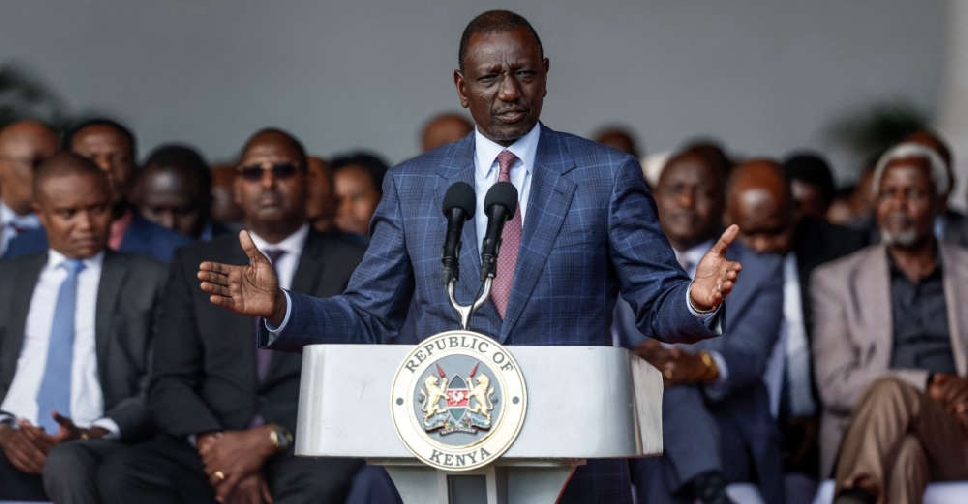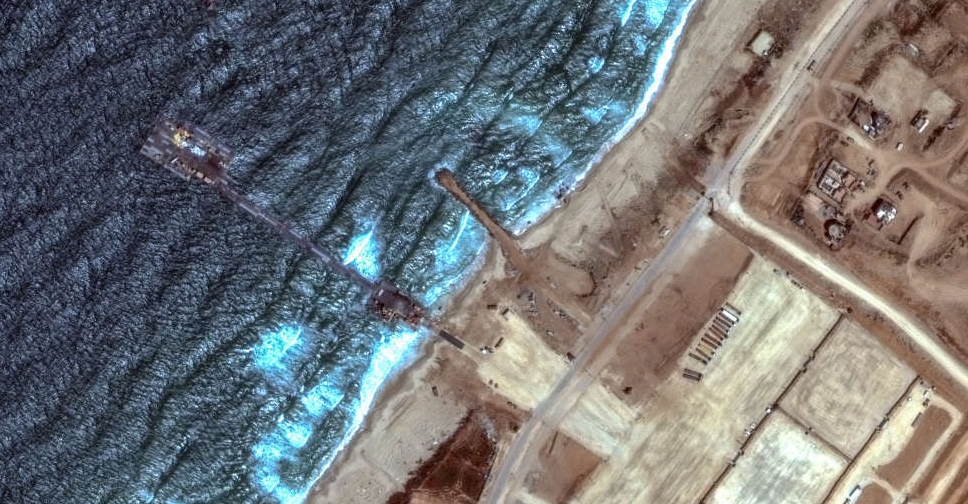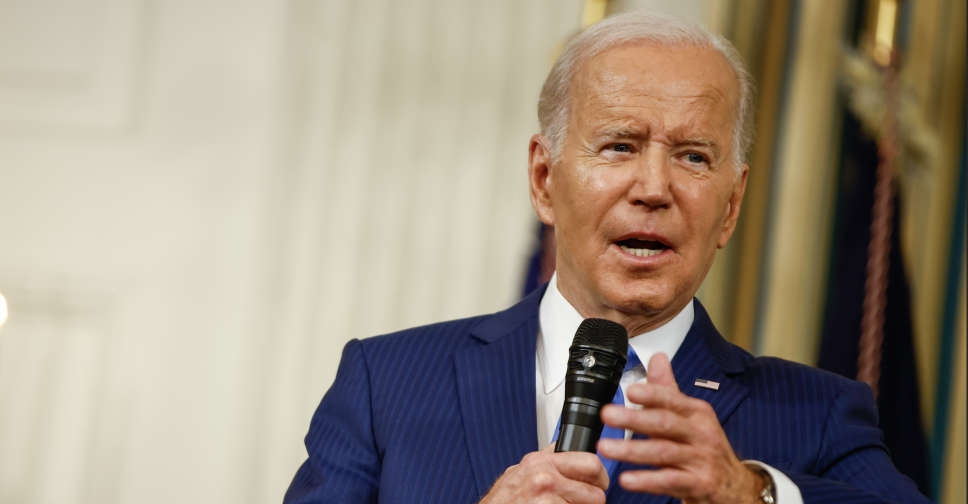
Kenyan President William Ruto on Wednesday withdrew planned tax hikes, bowing to pressure from protesters who had stormed parliament, launched demonstrations across the country and threatened more action this week.
The move will be seen as a major victory for a week-old, youth-led protest movement that grew from online condemnations of tax rises into mass rallies demanding a political overhaul, in the most serious crisis of Ruto's two-year-old presidency.
But some demonstrators said on social media that despite Ruto's climbdown they would go ahead with a rally planned for Thursday, with many reiterating demands that he resign.
Ruto announced he would not sign a finance bill including the tax increases, a day after violent clashes between police and protesters at the assembly and nationwide left at least 23 people dead and scores wounded, according to medics.
"Listening keenly to the people of Kenya who have said loudly that they want nothing to do with this finance bill 2024, I concede. And therefore, I will not sign the 2024 finance bill, and it shall subsequently be withdrawn," he said in a televised address with lawmakers, some clapping, seated behind him.
Vice President Rigathi Gachagua asked young people to call off the protests to avoid any further loss of life and destruction of property, and blamed the intelligence services for giving the government poor advice.
"There would have been no mayhem, but they slept on the job," Gachagua said in a speech, calling on the head of the National Intelligence Service to resign.
Protesters were defiant, repeating calls for Ruto to step down and vowing further action in the streets.
Boniface Mwangi, a prominent social justice activist involved in the protests, called for a "1-million-people march".
"The arrogance is gone, but the lies are still there," he said on social media platform X. "Yesterday they unleashed goons and police to kill peaceful protesters. That will not stop us."
Other members of the protest movement continued to post on social media using the hashtag #tupatanethursday, or "see you on Thursday" in a mix of Swahili and English.
Ruto said he would now start a dialogue with Kenyan youth, without going into details, and work on austerity measures - beginning with cuts to the budget of the presidency - to make up the difference in the country's finances.
He said the loss of life on Tuesday was "very unfortunate".
Even if Ruto's concession manages to see off the immediate threat of more unrest, it still leaves him caught between the competing demands of his hard-pressed citizens and of lenders such as the IMF - which is urging the government to cut deficits to obtain more financing.
Kenya's sovereign dollar bonds were trading largely flat despite Ruto's rejection of the finance bill. Its bonds were trading between 74.6 and 95 cents on the dollar, Tradeweb data showed, with the longer-dated 2034 maturity at the lowest price.
On Tuesday, police opened fire on crowds who massed around parliament and later broke into the senate chamber and national assembly, minutes after lawmakers had voted through the tax measures and sent them on to the president.
The Nation newspaper documented protests in at least 35 of Kenya's 47 counties, from big cities to rural areas - even in Ruto's hometown of Eldoret in his ethnic Kalenjin heartland.
At least 23 people were killed across the East African country and another 30 were being treated for bullet wounds, the Kenya Medical Association said on Wednesday. Medical officials in Nairobi said scores had been injured.
Posts on social media had urged people to occupy State House, the president's office and residence, on Thursday, and the local offices of the World Bank and the International Monetary Fund (IMF) on Friday, though it was not immediately clear if the calls came from individuals or a broader movement.
Heavily armed police patrolled the streets of the capital Nairobi, which were quieter than usual on Wednesday.
The protests began as an online outpouring of anger by young, tech-savvy Kenyans at proposed taxes on bread and diapers and evolved into a nationwide movement calling for the scrapping of the entire finance bill including the taxes.
Thousands took to the streets of Nairobi and several other cities during two days of protests last week as an online movement gathered momentum.
While the young Kenyans in the current demonstrations have no official leader and have loudly urged the political opposition figures that have typically organised protests to stay away, some of Ruto's main rivals could not hide their delight with the president's climbdown.
"Self-preservation has kicked in," opposition senator Edwin Sifuna posted on X.
Lawmakers had already removed some tax hikes from the final version of the finance bill on Tuesday, including ones on bread and cooking oil, but inserted others in an effort to avoid a budget gap.


 Canada's WestJet cancels 150 flights impacting 20,000 passengers
Canada's WestJet cancels 150 flights impacting 20,000 passengers
 US military pier removed from Gaza coast because of sea conditions
US military pier removed from Gaza coast because of sea conditions
 US has sent Israel thousands of 2,000-pound bombs since October 7
US has sent Israel thousands of 2,000-pound bombs since October 7
 Biden acknowledges bad debate performance, vows to beat Trump
Biden acknowledges bad debate performance, vows to beat Trump
 Seven dead in Slovakia after train and bus collide
Seven dead in Slovakia after train and bus collide






